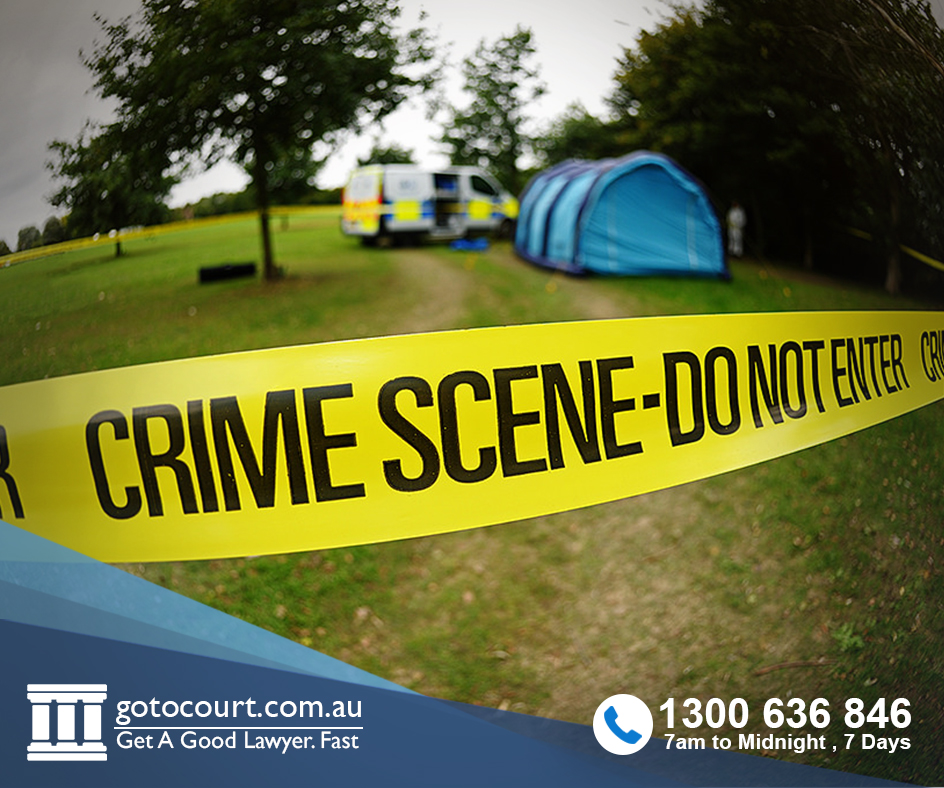Police Powers and DNA Samples (Vic)
In March 2019, the Victorian government passed the Justice Legislation Amendment (Police and other matters) Act. Among other changes, this act gives police the power to take DNA samples from adult and juvenile suspects in indictable matters without a court order, even where the suspect does not consent to the sample being taken. The broader powers have been hailed by some as serving the interests of victims, while others are concerned they will lead to civil rights infringements.
Victorian laws around the use and destruction of DNA evidence remain unchanged under the new legislation.
Who can the police take DNA samples from?
The new legislation gives the police the power to take DNA from an adult who:
- Is suspected of having committed or having attempted to commit an indictable offence; or
- Has been charged with an indictable offence; or
- Has been summonsed to answer a charge for an indictable offence.
It gives police the power to take DNA from a child over 15 who:
- Is suspected of having committed an indictable offence listed in Schedule 9 of the act. These include child homicide, murder, manslaughter, treason, and causing serious injury; or
- Has been charged with such an offence; or
- Has been summonsed to answer a charge for such an offence.
Section 55 of the act provides that police may only request a DNA sample if the officer is satisfied that the taking of the sample is justified in all the circumstances.
Can police take a DNA sample without consent?
The new legislation provides that the police may take DNA samples either with the person’s consent or with the authorisation of a senior police officer. If a person does not give consent, a senior police officer may authorise the taking of a DNA sample in a matter that they are not involved in investigating.
Before doing so, the senior officer must allow an opportunity for the person, their parent (if they are a child), or their lawyer, to inform the senior officer of any reason why the DNA sample should not be taken.
Procedure for taking DNA samples
Under Section 57, the Chief Commissioner of Police may authorise a police officer, or a class of police officers, to supervise the taking of scrapings from the mouth. The taking of the sample must be done in the least intrusive and the least painful way practicable.
When DNA samples are taken from children, this must be done in the presence of a parent or guardian and if no parent or guardian can be located, in the presence of an independent person.
What happens to the DNA sample?
After a DNA sample has been taken from a person, the person or their lawyer must be sent a copy of any forensic report obtained. DNA profiles are then stored in a database and compared to samples of DNA found at the crime scene.
Police must destroy a person’s DNA sample when:
- 12 months after the sample was taken, the person has not been charged with a relevant offence;
- The person was charged but the charge was not proceeded with or the person was found not guilty (otherwise than by reason of mental impairment).
However, a court can make an order extending the period the sample can be retained on the police’s application.
If a police officer uses or fails to destroy a DNA sample after it is required to be destroyed, they are guilty of an offence punishable by imprisonment for one year or a fine of 120 penalty units.
Responses to the changes
Opponents of the new legislation have expressed concerns that DNA samples may be misused and that there are not adequate safeguards around the destruction of DNA. There have also been criticisms of the decision to allow police to take samples from minors without the need for judicial oversight and from suspects who have not been charged with offences. The failure of the new act to list factors to be taken into consideration in assessing whether the taking of a DNA sample is ‘justified in all the circumstances’ has also been pointed to as a weakness in the new laws, resulting in police holding a broad discretion as to when to take DNA samples.
Lawyers and civil liberties groups have expressed concerns about the impact the new laws will have on privacy and on the presumption of innocence as well as their potential to be used to profile people based on their background and where they live.
Premier Daniel Andrews said the changes were introduced in order to help Victorian Police to solve crimes faster and get justice for victims.
If you require legal advice or representation in a criminal matter or in any other legal matter please contact Go To Court Lawyers.






